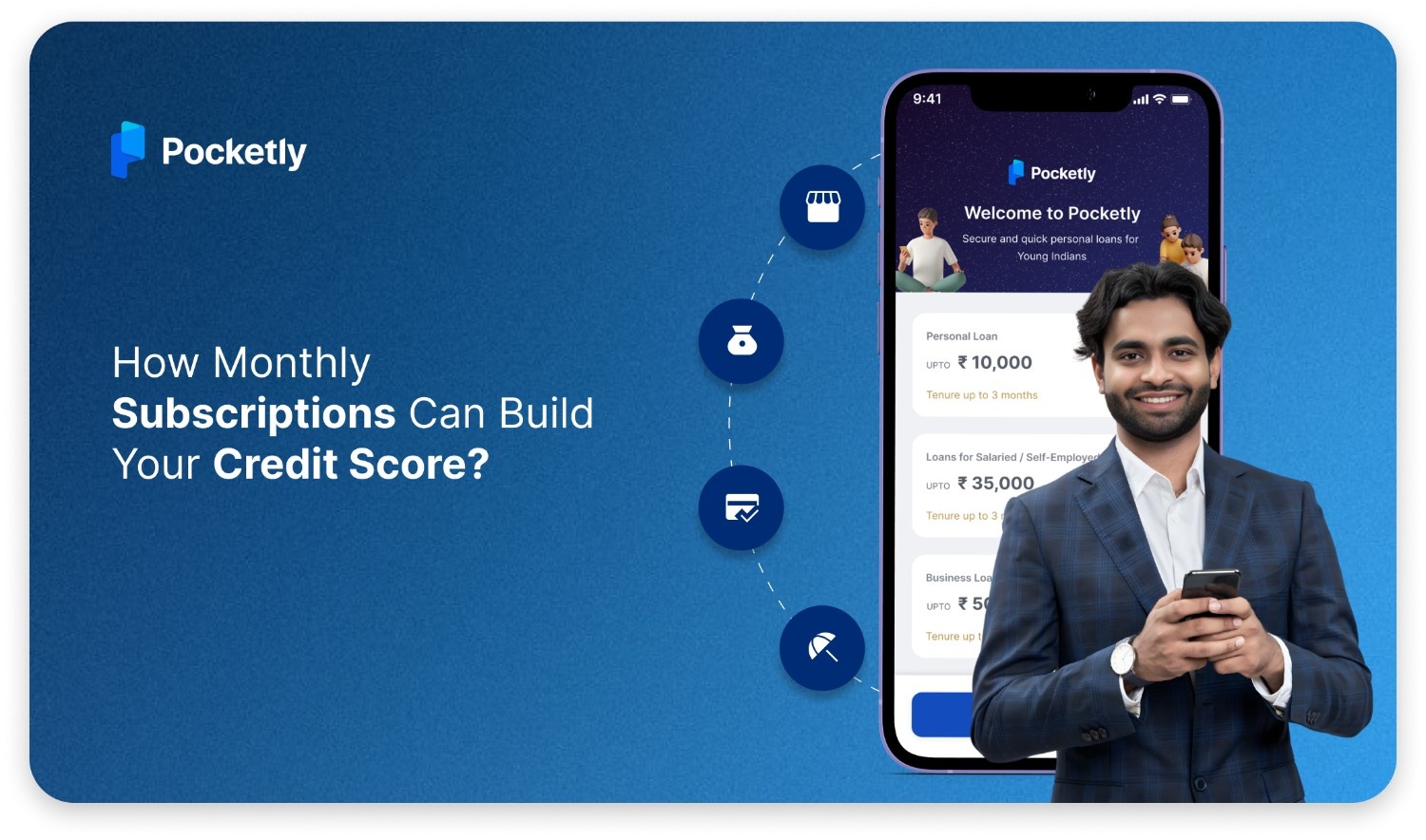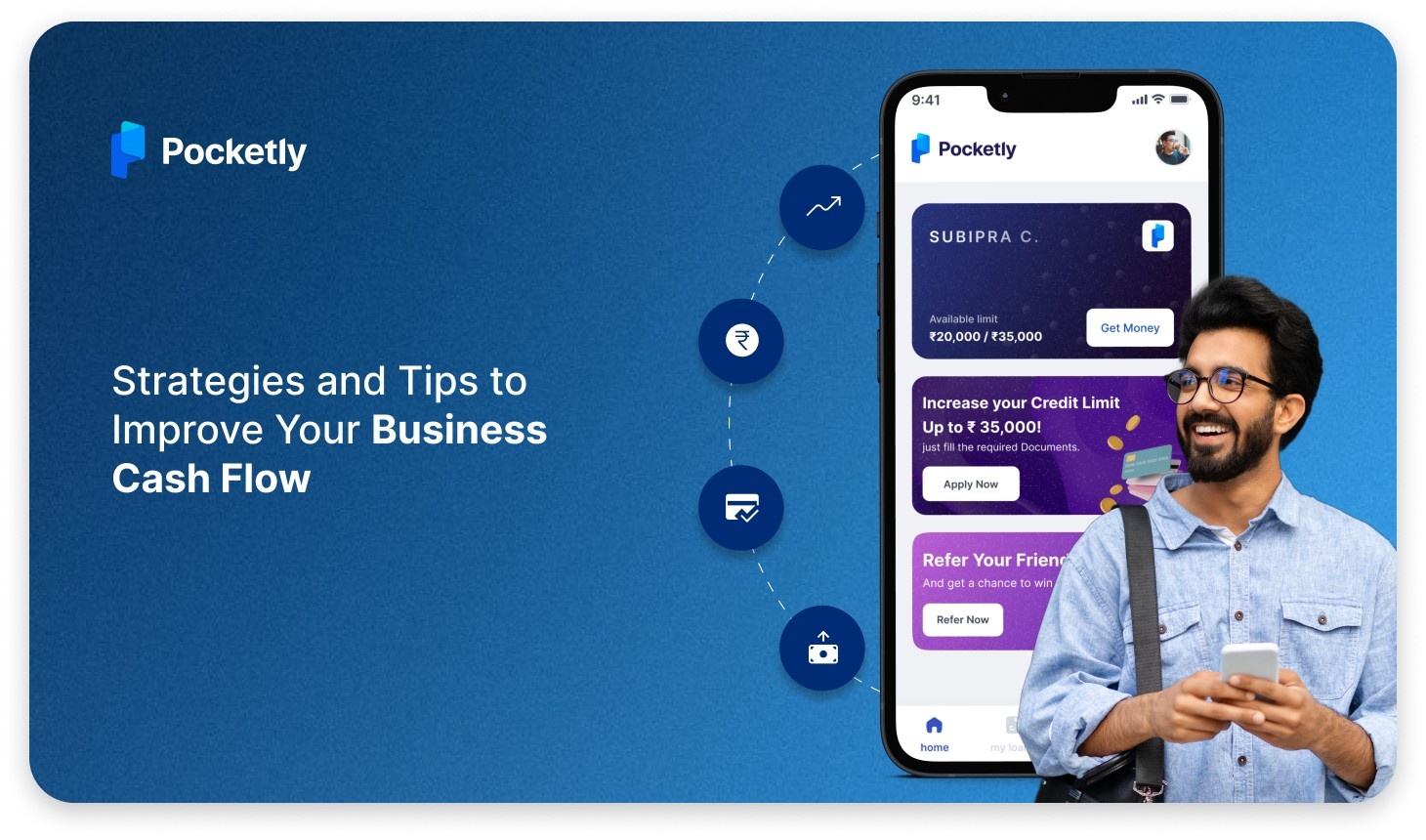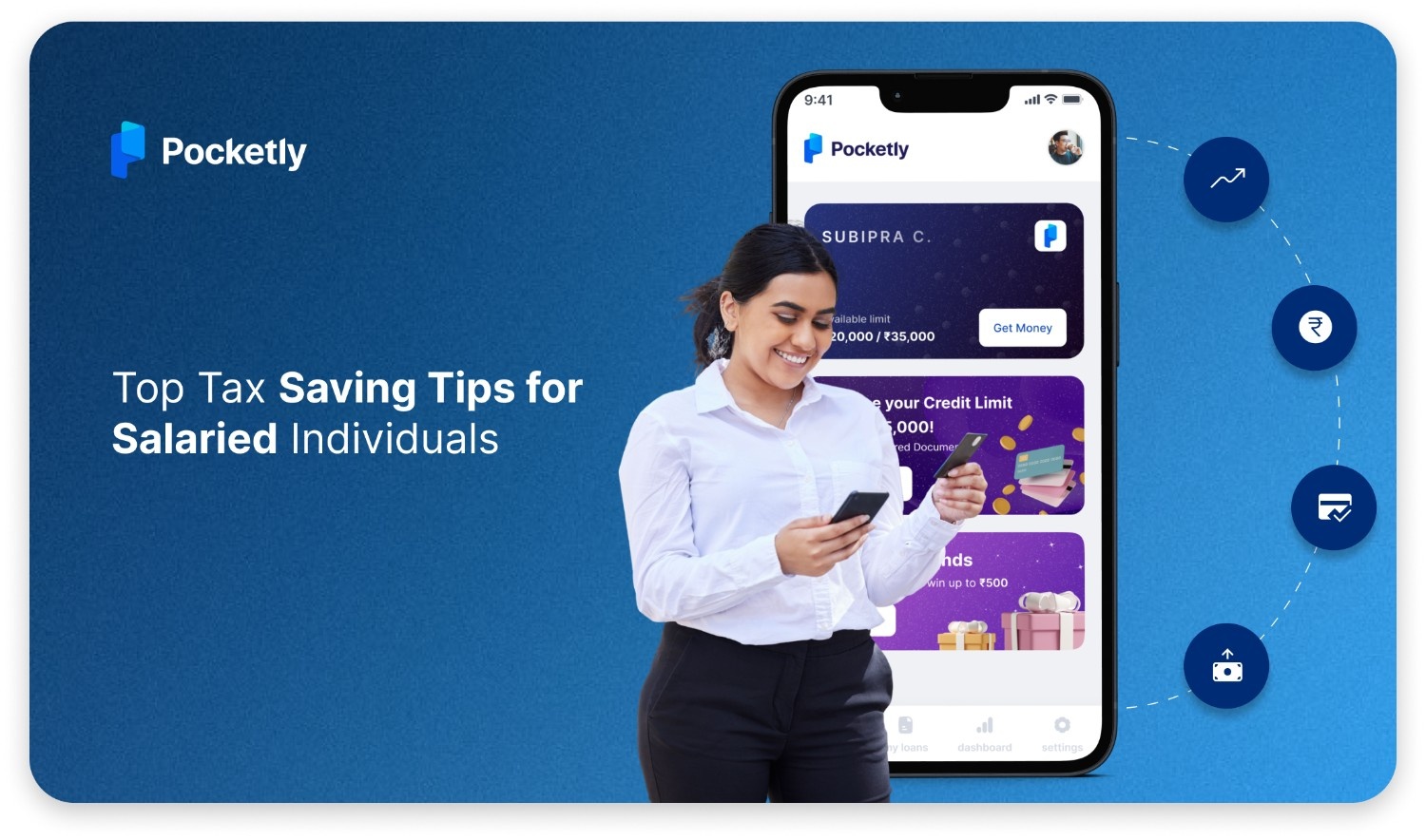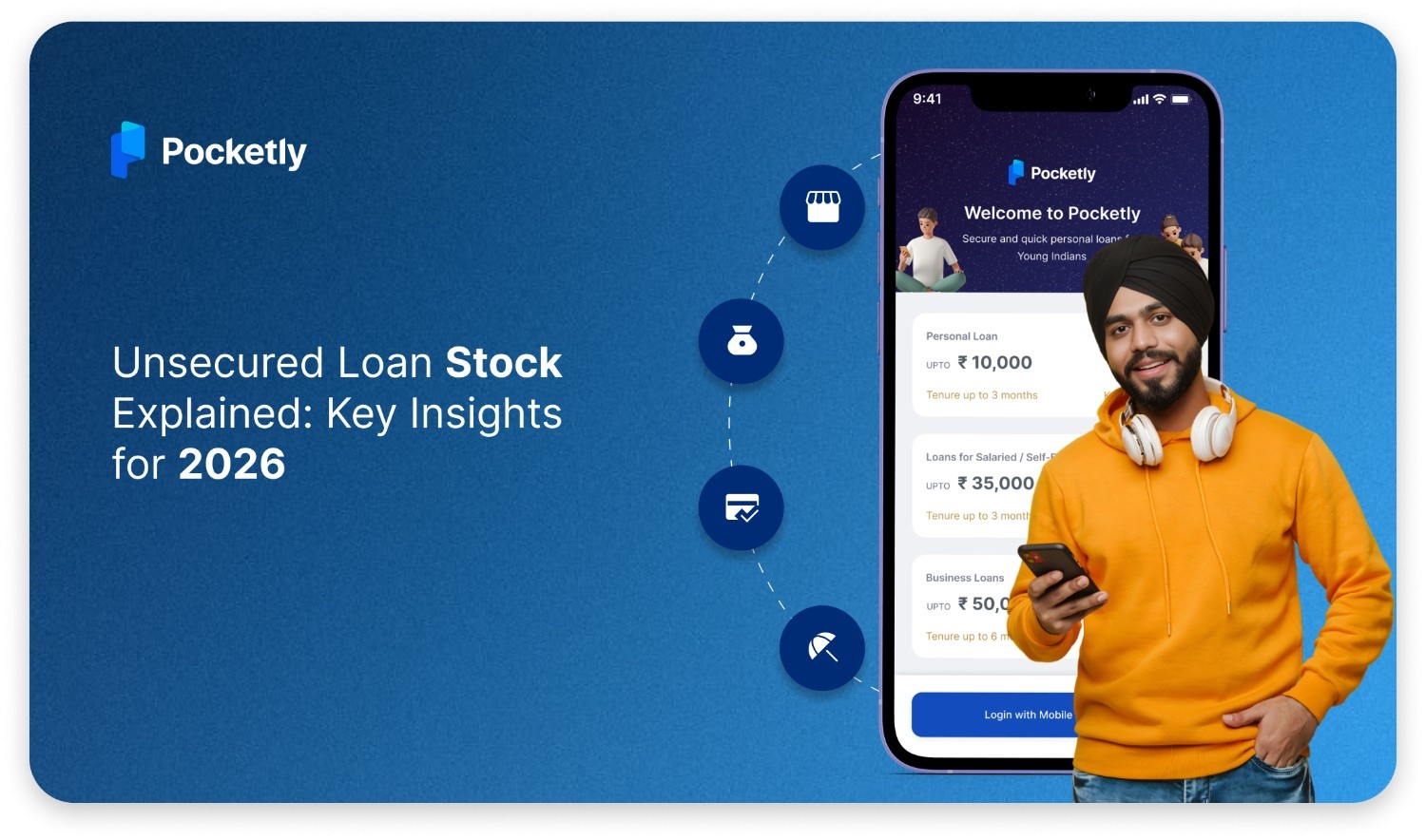Boosting your CIBIL score can unlock financial advantages, from quicker loan approvals to better interest rates. A high credit score is more than just a number; it’s a way to show lenders you’re a trustworthy borrower, which can make a big difference when you need credit.
If your score could use some improvement, don’t worry; there are simple steps you can take to improve it. By focusing on timely payments, keeping your debt low, and balancing different types of credit, you can start making a positive impact quickly.
In this guide, we’ll cover seven practical tips to help increase your CIBIL score right away. With these steps, you’ll be on track to building a healthier financial profile and gaining access to more flexible loan and credit options.
Importance of a Good Credit Score
A good credit score isn’t just a measure of your financial health; it’s a tool that opens doors to better financial opportunities. Whether it’s securing a loan, getting a credit card, or negotiating better interest rates, your credit score plays a crucial role. Here’s why maintaining a solid score matters:
- Better Loan Offers: A high score can help you get loans with lower interest rates, allowing for faster approvals.
- Improved Credit Card Options: A high potential credit score is required to be eligible for extra benefits and better rewards on the card.
- Easier Approvals: This can make you a more reliable borrower, improving your likelihood of being approved for loans or credit cards.
- Cost Savings: With lower interest rates, you’ll save money on repayments over the loan term.
- Financial Security: A strong credit score ensures you can access credit during emergencies without unnecessary delays or complications.
Keeping your credit score healthy ensures you’re prepared for both planned expenses and unexpected financial needs.
How to Improve Cibil Score Immediately
Improving your CIBIL score doesn’t have to be a long and complicated process. With a few innovative strategies and consistent efforts, you can boost your score and unlock better financial opportunities. From managing payments to monitoring your credit history, these important yet simple tips will help you build a healthier credit profile quickly.
1. Pay Your Dues on Time
Making payments on time is essential for maintaining financial health. Payment history is one of the most significant factors that lenders consider when evaluating creditworthiness.
- Set Reminders: Keeping track of multiple payment deadlines can be overwhelming, but setting up reminders on your phone or calendar can help. This way, you won’t miss paying credit card bills, loan EMIs, or utility bills.
- Be Consistent: Paying your dues consistently without delays shows lenders that you’re a responsible borrower. If a single payment is missed it can highly impact your credit score.
- Automate Payments: Most banks and apps offer an auto-payment feature, where bills are automatically debited from your account. This eliminates the risk of forgetting a due date and helps in maintaining a clean payment record.
2. Use Credit Prudently
While using credit can build your score, overusing it or mismanaging debt can bring it down. Credit utilisation and loan management are key factors in maintaining a strong score.
- Keep Credit Utilization Low: Avoid maxing out your credit card limit. Ideally, keep your credit utilization ratio below 30%. For example, if your credit card limit is ₹1,00,000, try not to use more than ₹30,000.
- Limit Multiple Applications: Applying for several loans or credit cards in a short span signals financial stress to lenders, which can harm your score. Stick to applying only when absolutely necessary.
- Repay Loans Promptly: Successfully paying off loans boosts your score. It shows you can manage credit effectively and helps build lender trust over time.
3. Maintain a Healthy Credit Mix
Having a balanced credit mix is an important factor that lenders look at when evaluating your creditworthiness. A mix of secured and unsecured loans demonstrates that you are capable of handling various types of credit responsibly.
- Balance Secured and Unsecured Loans: Secured loans, like home or car loans, are backed by collateral and are seen as low-risk. But the other side of the coin, if we look, unsecured loans, such as credit cards or personal loans, are not backed by collateral and are considered riskier. A healthy balance of both indicates financial stability.
- Avoid Too Many Unsecured Loans: While unsecured loans are convenient, relying heavily on them can be seen as a sign of financial overextension. Try to limit unsecured credit to maintain a balanced credit profile.
By maintaining a diverse credit mix, you signal to lenders that you can responsibly handle various credit types, which positively impacts your score.
4. Apply for New Credit Within Limits
Applying for new credit can be tempting, but doing it excessively or unnecessarily can hurt your credit score. Lenders may view frequent credit applications as a sign of financial instability.
- Be Selective: Only apply for new loans or credit cards when necessary. Ensure you can comfortably repay any new credit you take on.
- Avoid Excessive Applications: Each time you apply for credit, it triggers a lot of frequent inquiries on your credit report, which can slightly lower your score temporarily. Multiple applications in a short period can make you appear credit-hungry, which is a red flag for lenders.
By limiting credit applications, you show lenders that you’re financially stable and not overly reliant on borrowing.
5. Monitor Co-Signed, Guaranteed, and Joint Accounts
When you co-sign a loan, guarantee someone else’s loan, or share a joint account, you’re equally responsible for ensuring timely payments. Any negligence by the other party can negatively impact your credit score.
- Understand Shared Responsibility: As a co-signer or guarantor, lenders hold you equally liable for missed payments. If the primary borrower defaults, it can harm your credit profile.
- Keep Tabs on Joint Accounts: Regularly monitor co-signed or joint accounts to ensure payments are being made on time. It's suggested that you keep your account regularly updated to avoid damaging your score.
Being vigilant about shared accounts protects your credit score and ensures you’re not penalized for someone else’s financial missteps.
6. Review Your Credit History Frequently
Keeping track of your credit report regularly is essential for sustaining a good credit score. Mistakes in your credit report, such as inaccurate entries or overdue payments that you’ve already cleared, can drag your score down unnecessarily.
- Stay Updated on Your Credit Report: Periodically request your credit report to keep track of your financial activity and identify any discrepancies. It’s possible to get a free credit report from CIBIL or other credit bureaus once every year.
- Dispute Errors Promptly: If you spot an error, such as an incorrect overdue payment or an account that isn’t yours, file a dispute with the credit bureau immediately. Resolving errors can lead to a noticeable improvement in your score.
Frequent credit history checks not only help you identify mistakes but also keep you informed about your financial goals.
Factors Leading to a Low CIBIL Score
A low CIBIL score can limit your financial opportunities and make accessing credit more challenging. Understanding the common causes of a poor score can help you avoid mistakes and work toward improving your credit health. Here are the key factors that can negatively impact your score:
- Late Payments: Missing or delaying payments on credit cards or loans can significantly lower your score. Consistent late payments signal to lenders that you may not be reliable in repaying debts.
- High Credit Utilisation: Using more than 30% of your available credit limit can indicate financial strain. High credit utilisation shows lenders that you rely too much on credit, which may lower your score.
- Multiple Loan Applications: Having the need for too many loans or credit cards in a short period triggers multiple hard inquiries on your credit report. This can make you appear credit-hungry, which negatively affects your score.
- Defaults on Loans or Credit Cards: Failing to repay your debts, whether partially or entirely, severely impacts your credit score. Such defaults remain on your report for several years.
- Lack of Credit Mix: Relying solely on unsecured loans like credit cards, without a mix of loans backed by collateral, like home or car loans,can negatively impact your score. A balanced credit mix reflects better financial management.
- Errors in Credit Report: Inaccuracies in your credit report, like incorrect outstanding balances or wrongly marked defaults, can unfairly bring down your score.
Knowing all these difficulties, you can take proactive steps to improve your CIBIL score and enhance your financial stability.
Need clarification and have credit-related questions? Feel free to check out our guide on, Importance and Advantages of Credit Ratings.
How Does Your Credit Card Impact Your Credit Score?
Your credit card isn’t just a convenient way to pay—it plays a key role in determining your credit score. How you use your card can either improve or hurt your financial profile. Here’s how it goes for credit card usage:
- On-Time Payments Matter: Paying your bills on or before the due date is crucial. Delayed payments can negatively impact your score and stay on your report for years, while regular, timely payments help build trust with lenders.
- Credit Utilisation Ratio: This is the amount of your credit limit you’re using. For example, if your card limit is ₹1,00,000 and your balance is ₹30,000, your utilisation rate is 30%. Keeping this ratio below 30% shows lenders you can manage credit responsibly.
- Length of Credit History: The age of your credit accounts matters. Older cards with a history of timely payments reflect positively on your credit profile and boost your score.
- Managing Multiple Cards: Having several credit cards can help, as long as you manage them well. Pay your balances on time and avoid applying for too many cards within a short time, as this can signal financial stress.
- Think Before Closing Cards: Closing a credit card account might help you to reduce the length of your credit history and raise your credit utilization ratio. Instead, keep older cards active with occasional small transactions.
- Using Rewards Sensibly: Credit card rewards like cashback or points are a great perk, but overspending just to earn them can lead to unpaid balances. Use your card for planned purchases and pay off the balance to avoid high-interest charges.
Using your credit card wisely not only simplifies payments but also strengthens your financial profile, paving the way for better opportunities.
Thinking about getting a personal loan but worried about your credit score? Don’t stress! You can count on a digital lending platform like Pocketly to have your back. Yes, it’s true! Let’s dive deeper and explore how Pocketly can help you out.
How Pocketly Can Get you Loan When Credit Score Isn’t Perfect
Having a low credit score can feel like a huge roadblock when you need a loan. Traditional lenders often shut the door before you can explain your situation. But that’s where Pocketly comes in! It’s designed to be your go-to solution, offering fast, flexible loans even if your credit score isn’t the best.
Pocketly flips the script. Instead of judging you solely on your credit history, Pocketly looks at your current ability to repay and ensures you get the financial help you need without the usual hassle.
Why Pocketly Stands Out
- Instant Approvals: Forget waiting for days! Pocketly gives you a decision in minutes so you can tackle your financial emergencies right away.
- Loan Amounts That Fit Your Needs: Whether it’s ₹1,000 for a small expense or ₹25,000 for something bigger, Pocketly lets you borrow exactly what you need.
- No Judgment on Credit Scores: Got a low score? No problem. Pocketly focuses on your repayment potential, not your past mistakes.
- Easy-to-Use App: The Pocketly app is super simple to navigate—there are no confusing forms or endless steps. Apply, track, and repay with just a few taps.
- Affordable Rates: Pocketly keeps interest rates reasonable so you don’t feel punished for needing help.
- Complete Transparency: No hidden charges, no surprise fees. You’ll know exactly what you’re signing up for.
Pocketly isn’t just a lending app, it’s a platform that understands life happens, and sometimes, you need a little help to get back on track.
Want to learn more about applying personal loans via Pockelty? Check out our guide on, Apply for Instant Online Personal Loan.
Conclusion
A credit score is nothing but your financial passport to better opportunities, whether it’s securing a loan, getting a credit card, or negotiating favorable terms. A poor score doesn’t mean the end of the road, but it does call for immediate action. By understanding the causes of a low score, like late payments, high credit utilisation, or multiple loan applications, you can take targeted steps to turn things around.
Improving your score is all about consistent efforts and smart financial choices. And while building your score takes time, unexpected financial needs don’t wait. That’s where Pocketly comes in to bridge the gap. Offering quick, flexible loans of ₹1,000 to ₹25,000, Pocketly can help you manage sudden expenses without adding unnecessary financial stress.
So, whether it’s a surprise expense or just a tight month, Pocketly is here to support you without making you jump through hoops. Download the app today and see for yourself!
FAQs
What is a poor CIBIL score?
A poor CIBIL score typically falls below 650, making it very difficult to secure loans or credit cards due to perceived financial risk.
How do late payments affect my CIBIL score?
Late payments signal to lenders that you’re unreliable, lowering your score and staying on your credit report for years.
Can using too much of my credit limit lower my score?
Yes, high credit utilisation (over 30% of your limit) can indicate financial stress and negatively impact your score.
How often should I check my credit report?
It’s a good habit to review your credit report every few months to spot errors or discrepancies and take corrective action.
Can a default on a loan be removed from my credit report?
Defaults remain on your report for up to seven years, but their impact lessens over time if you maintain good credit habits.
Can I get a Pocketly loan with a low CIBIL score?
Yes, Pocketly offers quick loans even if your credit score is weak, helping you meet urgent financial needs.
How much can I borrow with Pocketly?
Pocketly allows you to borrow amounts ranging from ₹1,000 to ₹25,000, tailored to your immediate needs.
How fast can I get a loan from Pocketly?
With Pocketly, you can get your loan approved in minutes and have the funds directly credited to your account.










